India’s History is full of stories of bravery, ambition and great leaderships. Over thousands of years powerful kings shaped the country with their vision and strength. These mighty rulers not only expanded their kingdoms through battles but also left a lasting impact on culture, politics and architecture. Kings like Chandragupta Maurya , Ashoka, Shivaji Maharaj, Prithviraj Chauhan shaped Indian history with their courage, vision and leadership.
These mighty kings’ stories continue to inspire generations reflecting a legacy of strength, ambition and wisdom. This list of Top 10 Most Powerful kings in India highlights those who made a lasting impact on history , buildings strong and influential empires.
1. Chandragupta Maurya
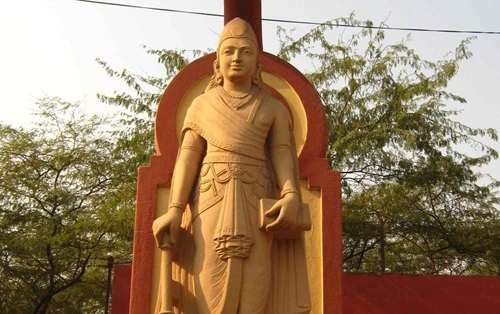
Chandragupta Maurya was the founder of the Maurya Empire and the first ruler to unify most of India under one rule. Guided By his mentor the great Chanakya he established a strong central admission and introduced efficient governance. His empire stretched across northern India and parts of present day Pakistan and Afghanistan. His alliance with Seleucus a Greek general ensured peace and strengthened trade, Chandragupta’s rule started a strong and united Indian Empire setting the stage for future success.
2. Ashoka the Great
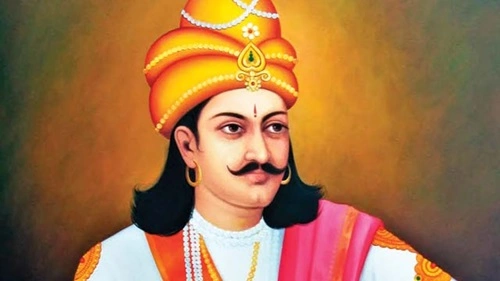
Ashoka the great was one of the India’s most influential rulers known for his transformation after the bloody Kalinga war. Deeply moved by the killings, suffering caused by the war he embraced Buddhism and promoted peace and non violence. Ashoka set up pillars and inscriptions to share Buddhist teachings and encourage good values. Under his rulings the Mauryan Empire reached its peak covering most of the Indian subcontinent. Ashoka’s efforts in spreading Buddhism made it a global religion influencing countries like Sri Lanka, China and Japan.
3. Samudragupta
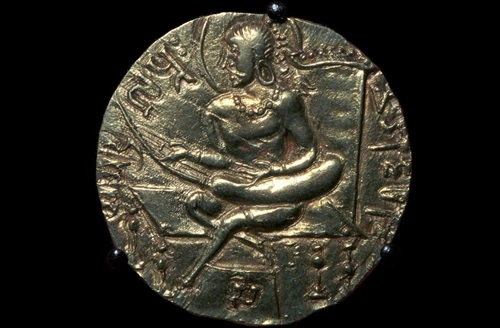
Samudragupta A Gupta emperor is called the “Napoleon of India “for his might and victories over several enemies. He expanded his empire through successful campaigns across northern and central India. A patron of art and culture Samudragupta encouraged music, poetry and learning. His reign is considered a golden age for classical Indian culture. He also maintained diplomatic relations with neighboring kingdoms, ensuring peace and prosperity. His leadership established the Gupta Empire as one of the most powerful and culturally rich periods.
4. Maharana Pratap
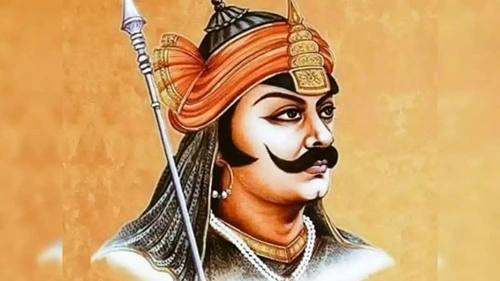
Maharana Pratap the Rajput king of Mewar is remembered for his relentless resistance against The Mughal emperor Akbar. He fought the famous battle of Haldighati in 18th June 1576 showcasing his courage and military strategy. Although outnumbered Maharana’s dedication to his homeland inspired generations. He is celebrated for his commitments to Rajput values and independence. Maharana Pratap lived a life of hardship but never compromised his freedom or sovereignty making him India’s most respected and legendary warrior.
5. Chhatrapati Shivaji Maharaj
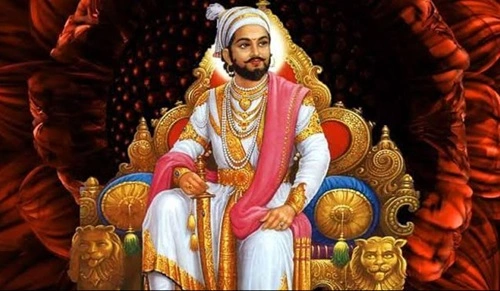
Shivaji Maharaj the founder of the Maratha Empire is famous for his brilliant guerrilla warfare tactics and strong leadership quality. He successfully resisted the Mughal Emperor Aurangzeb defeating his forces in several battles and capturing key forts. His tactics, strategic brilliance allowed him to expand his kingdom and protect it from powerful enemies. He built a strong navy, established an efficient administration and promoted religious tolerance. His crowning in 1674 marked the rise of a strong Maratha state.
6. Raja Raja Chola I
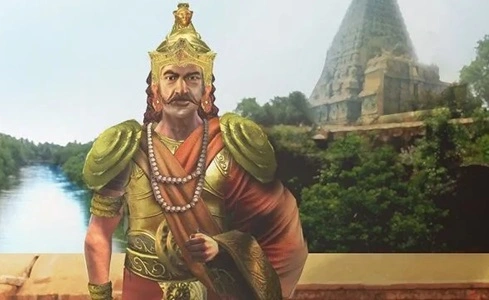
Raja Raja Chola 1 was one of the greatest rulers of the chola dynasty. He expanded his empire across Southern India, Sri Lanka and parts of Southeast Asia.
Known for his great administrative skills he ensured efficient governance and a flourishing economy. He was also renowned for his contribution towards Tamil culture and architecture. Raja Cholas lo built the iconic Brihadeshwara Temple at Thanjavur in 1009 CE.
7. Krishnadevaraya
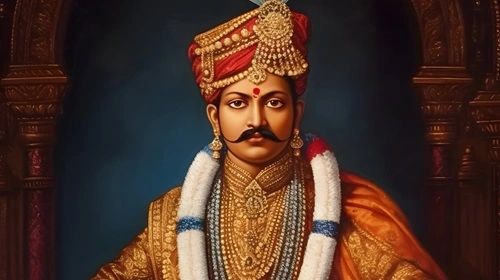
Krishnadevaraya the ruler of Vijaynagara Empire is remembered as a great warrior and patron of arts. He expanded his empire by defeating the bahamani sultanate. He supported literature in multiple languages including telugu, Kannada, and Sanskrit. His royal court was home to scholars and poets making it a hub of cultural excellence. During Krishnadevaraya rule saw many grand temples were built and trade flourished creating a golden age for the Vijaynagara Empire.
8. Prithviraj Chauhan
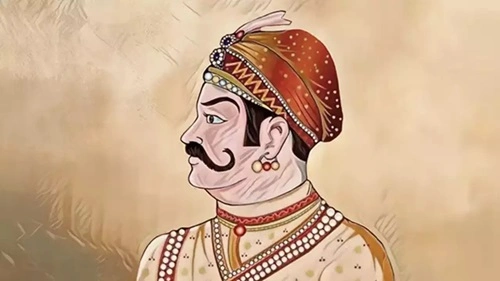
Prithviraj Chauhan was a fearless Rajput king who rules over Delhi and Ajmer. Known for his bravery he resisted invasion by Muhammad Ghori. They fight twice in the first and second battles of Tarain where Prithviraj Chauhan initially emerged victorious. Despite facing eventual defeat his courage and leaderships are honored in Indian folklore. Prithviraj is always remembered as a symbol of Rajput valor and determination.
9. Harshavardhana
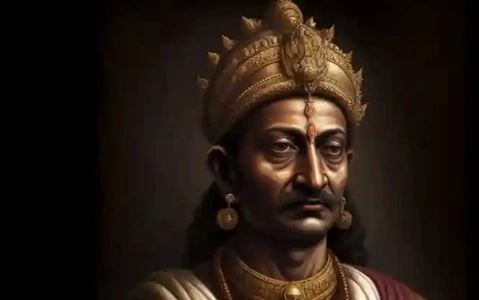
Harshavardhana also known as Harsha ruled a vast empire in northen India from 606 to 647 AD. At first hesitant to rule he became a strong king and conquered Punjab, Kannauj, Bengal, Bihar and Odisha. He was a patron of education and culture establishing a prominent monastery at Nalanda. Harsha’s court was home to famous poet Banabhatta who wrote Harshacharita. He maintained a peaceful and prosperous kingdom ensuring the welfare of his people. Harsha held religious gatherings and supported Buddhism and Hinduism promoting peace and culture in his empire.
10. Ranjit Singh
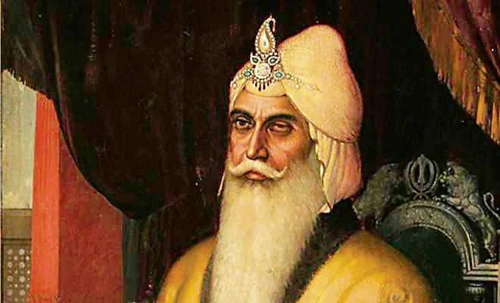
Ranjit Singh the founder of Sikh empire united the Punjab region and established a powerful and secular state. He was known as Sher-e-Punjab (“Lion of Punjab”) and Sarkar-e Wallah (Head of Government). He led numerous military campaigns to expand and consolidate the Sikh empire in 1799. He captured Lahore establishing it as his capital. By 1801 he had united various sikh factions forming a strong empire. His campaigns extended the empire’s boundaries from the Sutlej River to the Khyber Pass. In 1819 he annexed Kashmir after defeating Afghan rules adding significant strategic values to his realm.
Conclusion
These visionary rulers including Chandragupta Maurya, Maharana Pratap, Shivaji and others demonstrated exceptional leadership and bravery. Their achievements continue to inspire pride and respect for India’s rich heritage.

